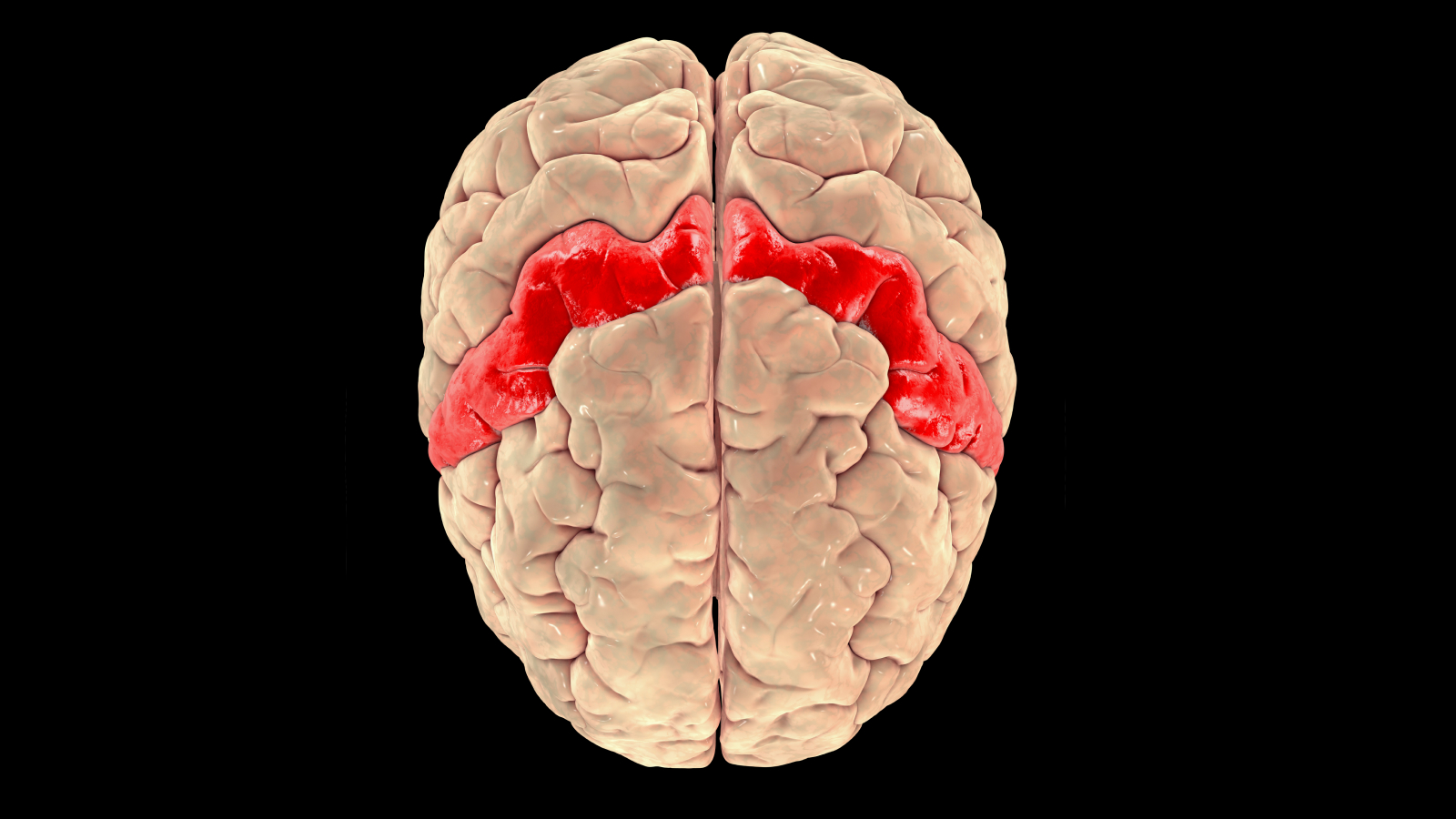
[ad_1]

When folks “choke underneath strain,” it is typically at instances when success might lead to a giant payoff — perhaps they’re an athlete at a championship match or an actor performing for a famend director. Now, a research in monkeys might assist reveal why: The prospect of a big reward can intervene with mind indicators that put together us for a given activity, resulting in underperformance.
The research, revealed within the journal Neuron Sept. 12, concerned three monkeys finishing duties to get a reward — on this case, water to drink. The primates carried out their greatest when the prize at stake was a medium to massive quantity of water. However after they might win an unusually massive “jackpot,” they underperformed, or choked underneath strain.
[ad_2]